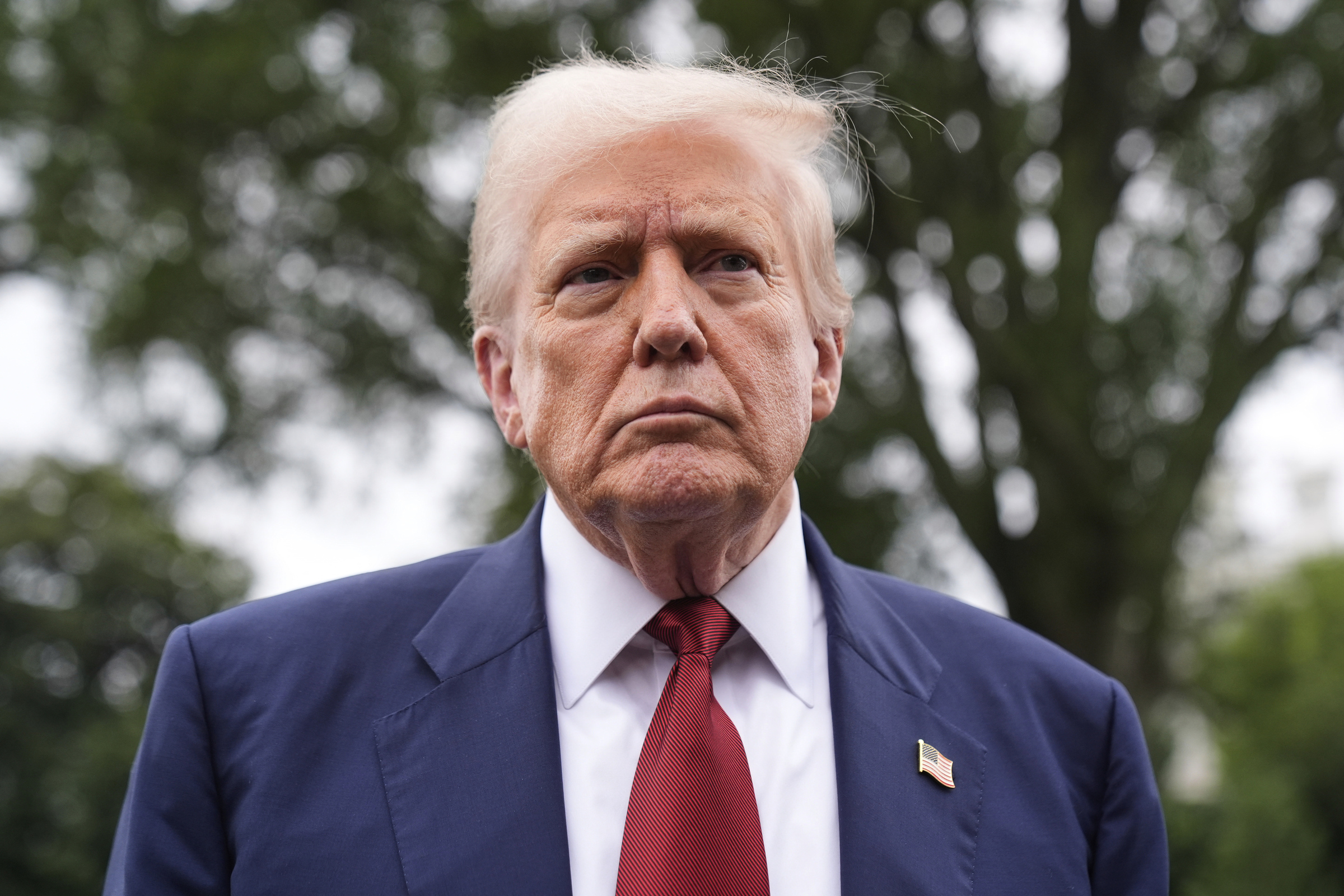Over 1,000 representatives from various nations gathered in Geneva, Switzerland, from 5/8 to 14/8 to resume intergovernmental negotiations on a global plastics treaty following five unsuccessful rounds of talks.
"This is our last chance. As pollution increases, the burden will fall on those least able to adapt," said Ilana Seid, Palau's permanent representative and chair of the Alliance of Small Island States (AOSIS).
However, Reuters suggests that the "ultimate ambition" for the treaty is fading. "We missed the boat in Busan," said a European Commission official, adding that this round of negotiations is taking place with "a different US president."
Experts have expressed concerns about the stance of oil-producing nations, supported by the US. Protecting the oil industry could turn the treaty into a "plastics recycling treaty," focusing on recycling and waste management while overlooking upstream solutions like reducing plastic production.
During the fifth round of plastic treaty negotiations in Busan, South Korea, late last year, the US position under former President Joe Biden was unclear. This round will face added pressure from President Trump's "drill, baby, drill" mentality.
 |
US President Donald Trump addresses the press at the White House on 1/8. Photo: AP |
US President Donald Trump addresses the press at the White House on 1/8. Photo: AP
Analysts warned in January, when Trump took office, that the US would likely side with oil-producing countries to block upstream pollution prevention measures. Negotiators told Politico that this prediction has come to pass throughout informal talks this year.
Around 10 million tons of plastic waste enter the world's oceans annually, a figure that continues to rise, threatening marine ecosystems. At the current production rate, plastic output is projected to nearly triple by 2050, while microplastics are infiltrating everything from brain tissue to breast milk.
Throughout three years of negotiations, reducing plastic production has been the biggest point of contention, with oil-producing nations preferring to focus on downstream solutions like recycling and plastic waste management. This was one of the reasons the final round of talks in Busan, South Korea, which was supposed to be the last, failed in December.
Other sticking points include identifying chemicals of concern in plastics and the financial mechanism.
Last week, a group of nations supporting the treaty, including France, Panama, and Fiji, published an editorial emphasizing the urgency of the negotiations. The ministers warned that the talks are taking place at a "critical juncture when multilateralism is under threat and the UN budget is under pressure."
This alludes to the growing threat to environmental multilateralism as the Trump administration continues to withdraw the US from global organizations, most recently UNESCO.
Around 95 nations want a global commitment to reduce virgin plastic production and consumption, as well as "legally binding obligations to phase out problematic plastic products and the most concerning chemicals in plastic products."
Meanwhile, oil-rich nations want to protect the plastics industry. This sector is predicted to be a primary driver of oil demand as transportation demand decreases due to the shift to electric vehicles.
Bao Bao (according to Politico, Reuters)












